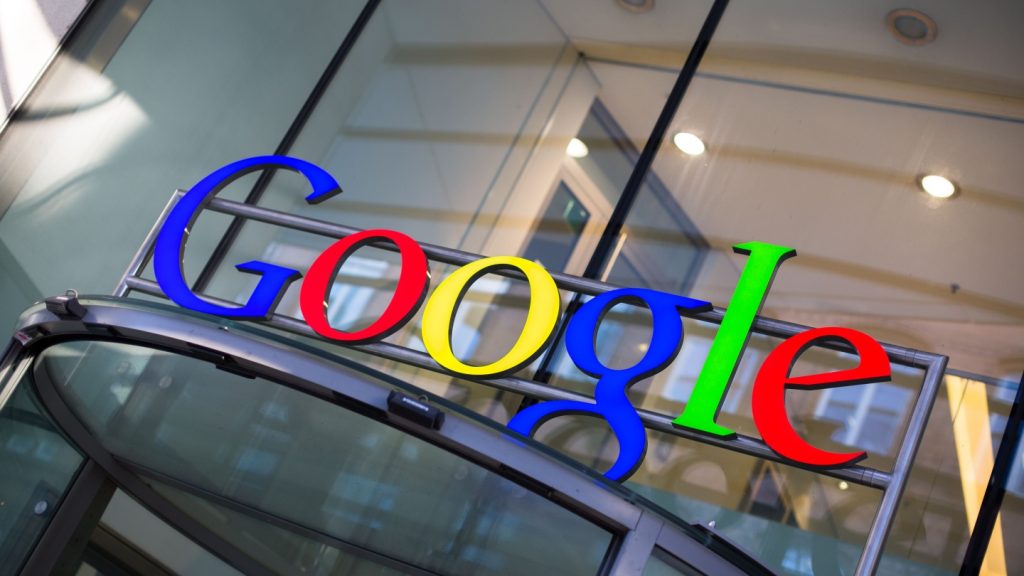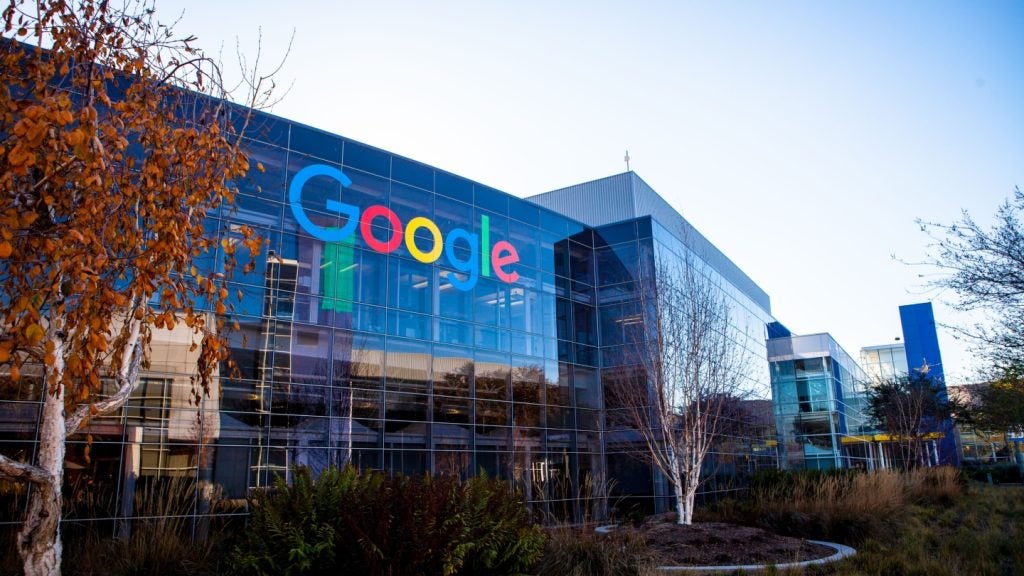
Google has promised its new third-party cookie policies won’t distort competition following a probe by the UK’s antitrust watchdog. If the regulator accepts the commitments, they will become law in Britain. Google has also pledged to apply these policies across the globe.
The Competition and Markets Authority (CMA) launched its investigation into the tech multinational in January following concerns that Mountain View’s decision to phase out third-party cookies on Chrome could choke competition. Many advertisers and news organisations rely on cookies to better target users with adverts, which provide revenue streams for free websites.
Google wants to replace third-party cookies with a new project called the Privacy Sandbox, which would create new digital advertising tools whilst simultaneously protect people’s privacy.
“From the start of this project, we have been developing these tools in the open, and sought feedback at every step to ensure that they work for everyone, not just Google,” Google said in a blog on Friday.
“As many publishers and advertisers rely on online advertising to fund their websites, getting this balance right is key to keeping the web open and accessible to everyone.”
The tech titan added it had welcomed the CMA investigation in January, seeing it as an “opportunity to engage with a regulator with the mandate to promote competition for the benefit of consumers.”
How well do you really know your competitors?
Access the most comprehensive Company Profiles on the market, powered by GlobalData. Save hours of research. Gain competitive edge.

Thank you!
Your download email will arrive shortly
Not ready to buy yet? Download a free sample
We are confident about the unique quality of our Company Profiles. However, we want you to make the most beneficial decision for your business, so we offer a free sample that you can download by submitting the below form
By GlobalDataGoogle has now made a series of commitments for the rollout of its cookies ban that aims to dispel any concerns that the Privacy Sandbox will give it an unfair advantage over competitors.
“We will play by the same rules as everybody else because we believe in competition on the merits,” Google said. “Our commitments make clear that, as the Privacy Sandbox proposals are developed and implemented, that work will not give preferential treatment or advantage to Google’s advertising products or to Google’s own sites.”
For starters, Google commits to engage with the CMA and the industry in an “open, constructive and continues dialogue”, including informing market stakeholders about any changes or tests during the development of the Privacy Sandbox.
The corporate colossus also said it won’t build alternate identifiers to track individuals as they browse the internet and that its ads products won’t access synced Chrome browsing histories.
The CMA will now consult with the Information Commissioner’s Office (ICO) and interested third parties about if it should accept Google’s commitments. The consultation will close on 8 July, 2021.
“If accepted, the commitments we have obtained from Google become legally binding, promoting competition in digital markets, helping to protect the ability of online publishers to raise money through advertising and safeguarding users’ privacy,” said Andrea Coscelli, the CMA’s chief executive.
Advertisement is big business for Alphabet, Google’s parent company. In the first quarter this year, Google’s total advertising revenues reached $44.6bn, over four-fifths of the company’s total $55.2bn in revenues.
The most recent development came almost a year after the CMA published a report on online platforms and digital advertising and warned that weak competition “undermines the ability of newspapers and others to produce valuable content, to the detriment of broader society”.
While advertisers have worried about their bottom lines, privacy advocates have welcomed Google’s commitment to boosting privacy.
The news comes days after the European Commission accused Google, Apple and Amazon of using their dominant market positions to choke competition in the Internet of Things (IoT) market. The accusations followed from the preliminary results of an antitrust probe into the commercial IoT industry.







